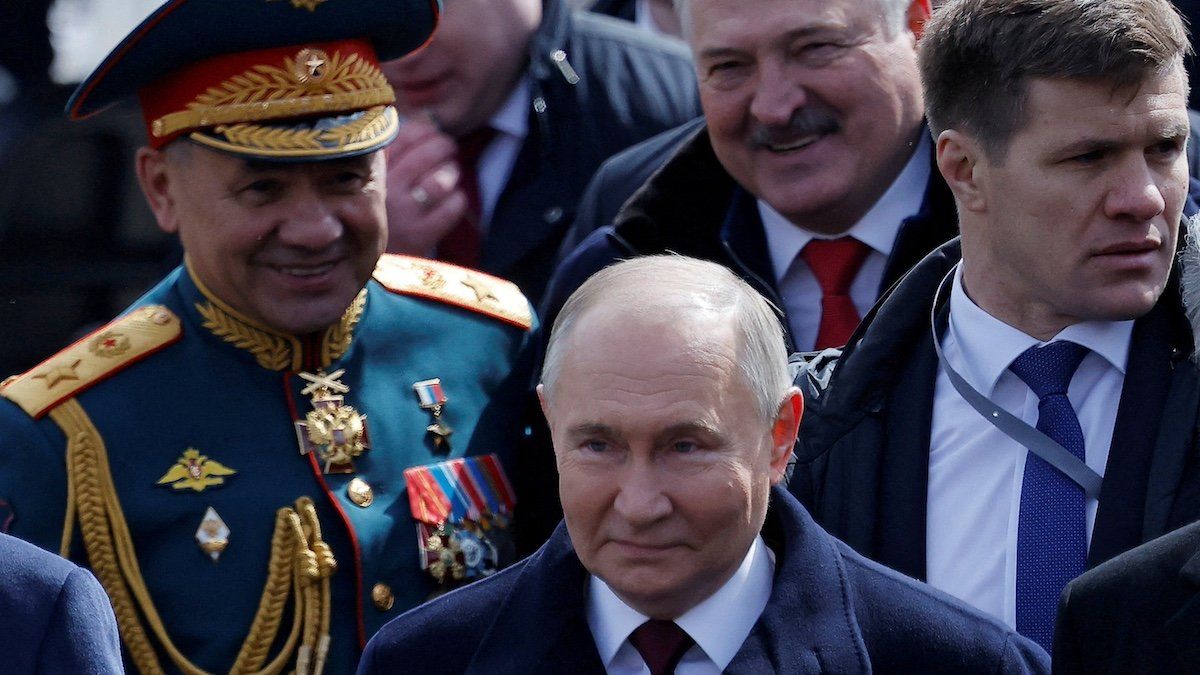Russian President
Vladimir Putin has announced significant changes to his senior military and political leadership as he begins his fifth term, including the reassignment of powerful Defense Minister
Sergei Shoigu. Shoigu will transition to become secretary of Russia's national security council, replacing Nikolai Patrushev. Andrei Belousov, currently deputy prime minister with a background in economics but no military experience, has been proposed as the new defense minister.
Rather than firing Shoigu, Putin has offered his longtime ally a soft landing, says Eurasia Group analyst Alex Brideau. Brideau says the move is “a reflection that Putin thought he needed a change at defense.” But rather than an outright snub, it’s also an example, he says, of how rarely Putin outright fires those who have demonstrated long-term loyalty.
According to Kremlin press spokesman
Dmitry Peskov, the appointment of Belousov
emphasizes the need for “innovation” in the role.
Philip Ingram, a former British military intelligence colonel and NATO planner, believes that the shuffle allows Putin “to keep Shoigu on side,” while bringing in a civilian better able to deal with
the impact of corruption in the Defence Ministry. Others have described the shift as a sign that Putin wants to put the war in Ukraine on an
“economically sustainable footing” – something an economist like Belousov might be better positioned to do.
